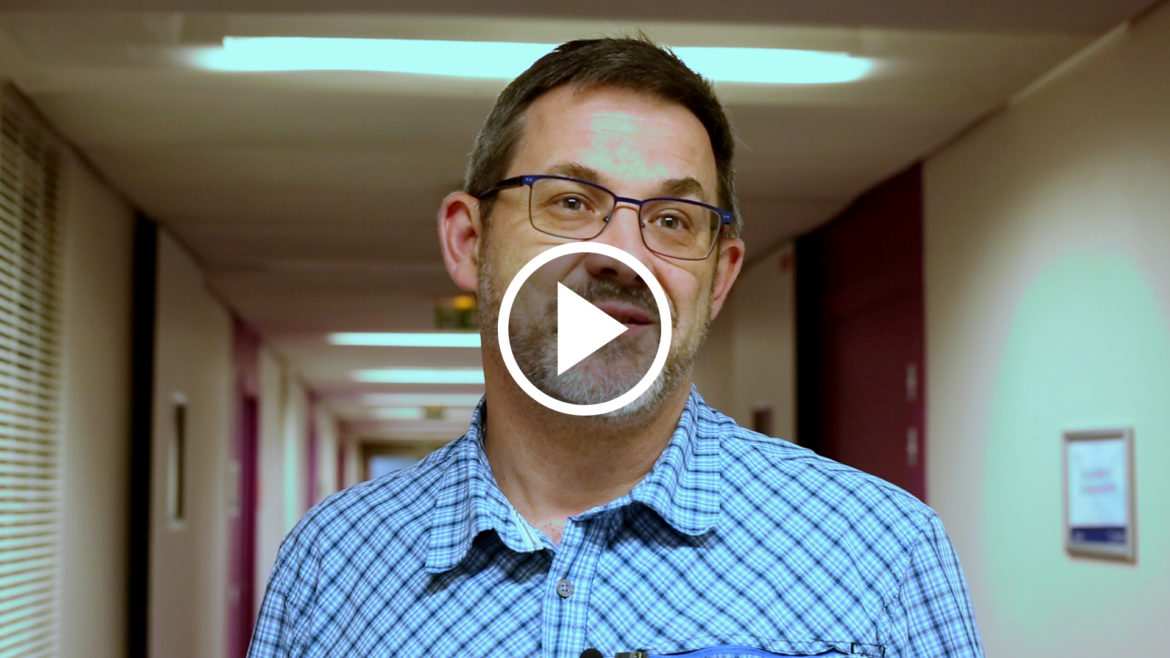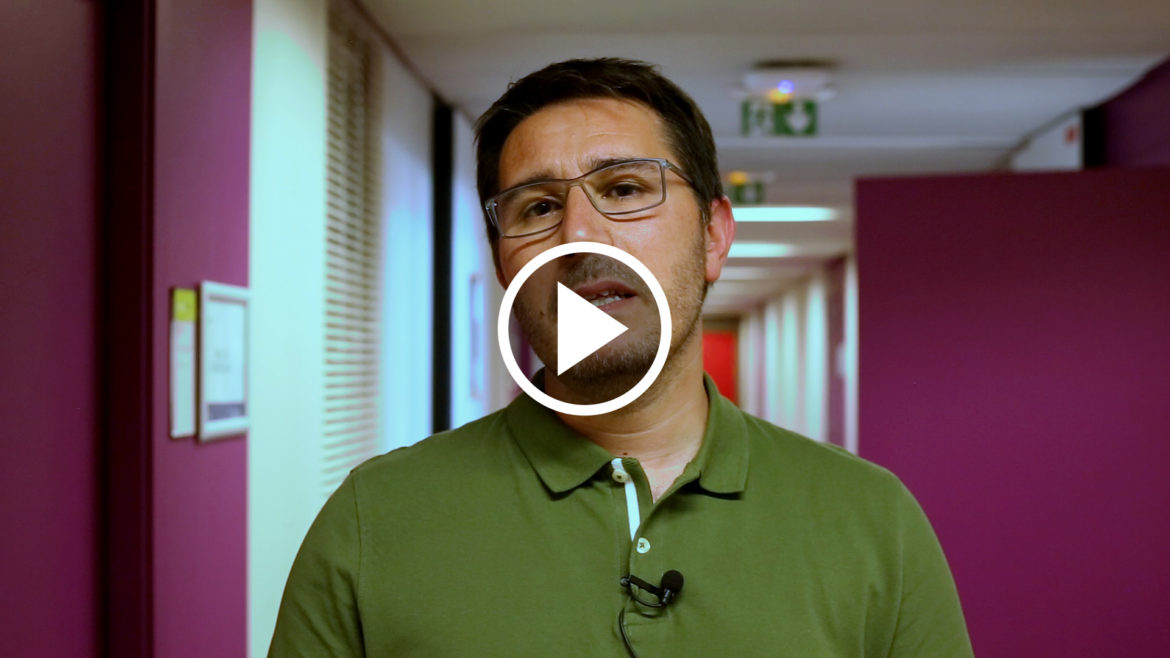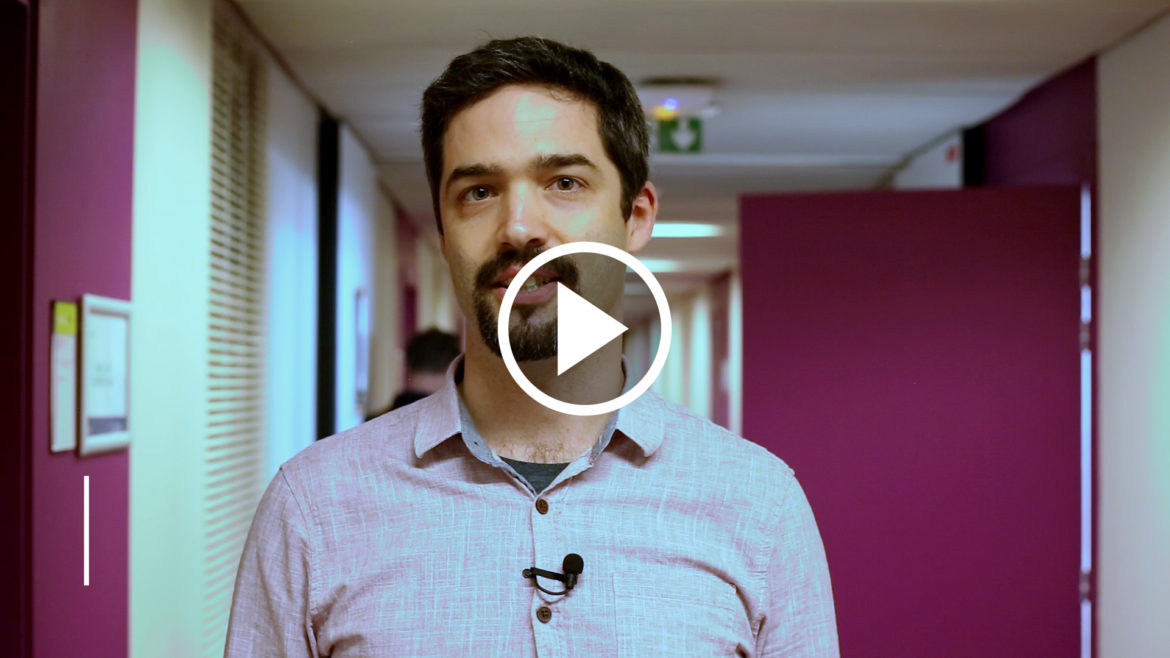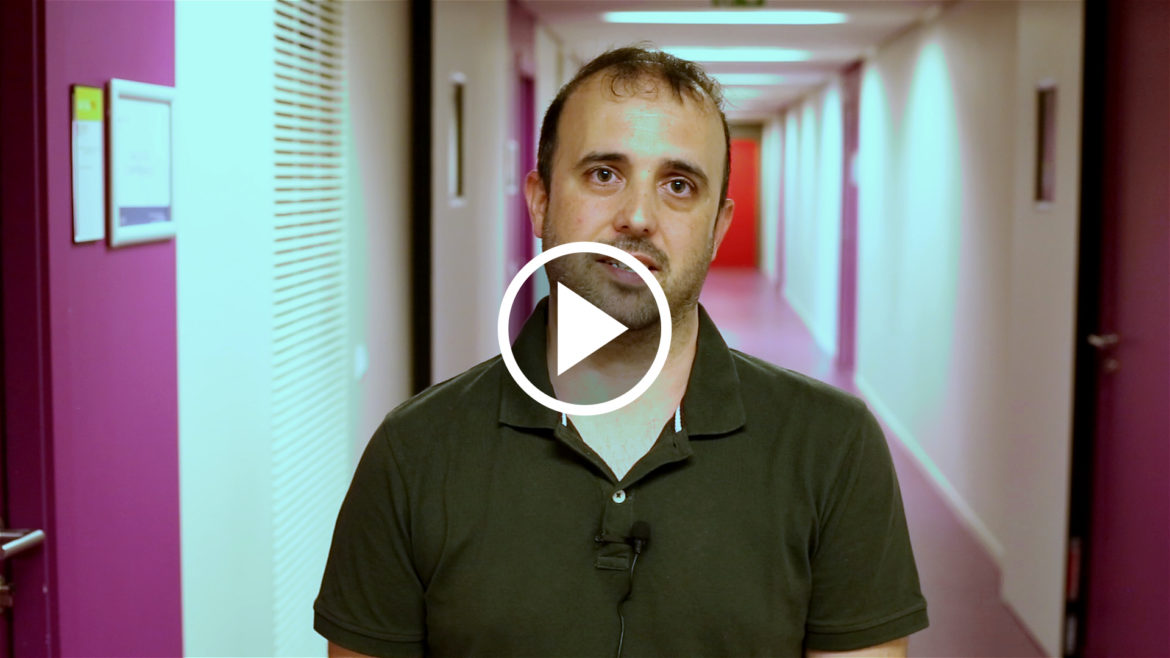Gene Freuder, University College Cork
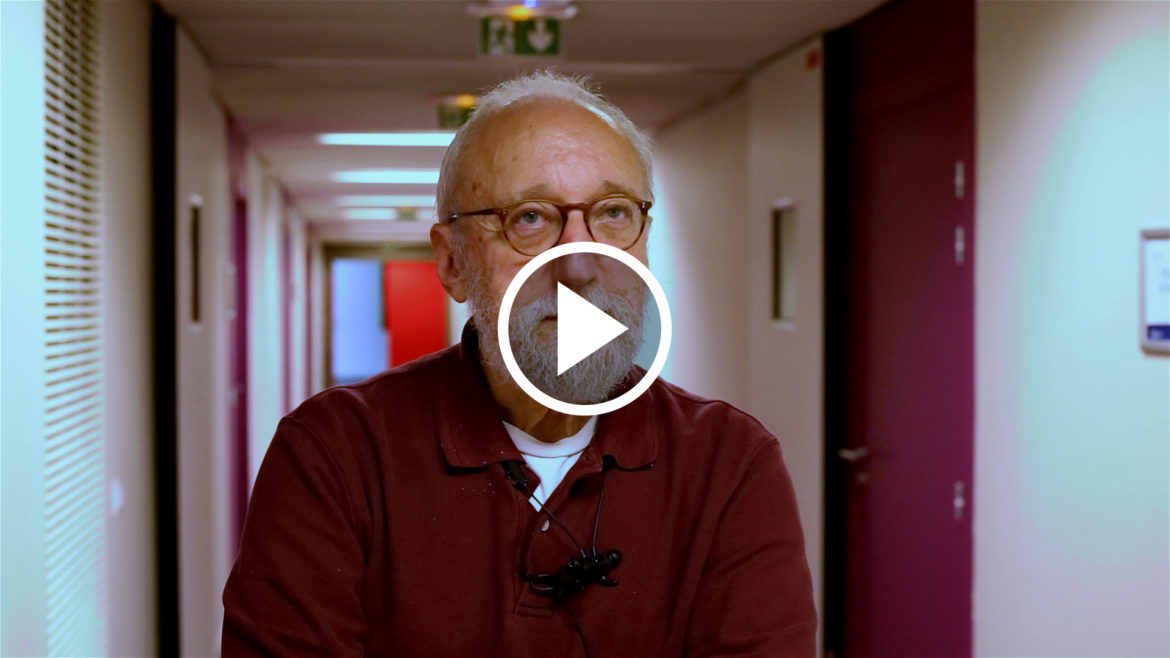
What is your opinion on Human – Centered AI?
Well we want computers to work for us and for the good of all of us, obviously. And, at this time in particular, there are things that we think humans and machines working together, can accomplish better than either working alone.
What would be your blue sky project in AI for Europe?
Well, for a long time I’ve wanted to see a kind of a electronic avatar of myself and similar for other individuals. Something that can represent me and the electronic world that could understand me, that could know me, and that could be the next step beyond the Siri type assistance. In the real world if you’re very rich, you can have a personal assistant, or a butler who understands your needs and can meet your needs with minimal help from yourself. If could get something like that in the electronic world that would be a great assistant for myself and I think a great (02:01) for any of us.



